The mountain resort is connected to the valley by rail and by road. South-facing, it is sheltered from the north wind. Its inhabitants are a mixture of ‘montagnards’, those brought up here and accustomed to mountain life, and expats from every corner of the world. Some of them have settled permanently in the village at 1,300 metres in altitude. This is Leysin: a village that won its place on the world map in the 19th century through the Swiss entrepreneurs who had heard of its sun-soaked ledges and pure mountain air. The local economy was built on the fight against tuberculosis, and numerous hotel-hospitals were erected on the steep mountainside overlooking the village. The arrival of penicillin marked the end of this period, and after lying empty throughout the 1950s and 1960s, the sanitoriums were eventually transformed into private schools.
“It’s not just somewhere you pass through, it’s somewhere you come on purpose,” remarks Christoph Ott, a native of the region with dual nationality, who heads the Leysin American School (LAS) with his brother. This school for the children of well-off families – fees are CHF 100,000 per year – was founded by their grandparents, who had come over from North Dakota. In total, young people of foreign origin represent around 25% of the 4,000 or so residents of Leysin. They are spread among the village’s three large international schools: LAS, the Japanese Kumon Leysin Academy of Switzerland (KLAS), and the Swiss Hotel Management School (SHMS). Jean-Daniel Champagnac, leader of the Social Democrat group in the municipal council describes these 1,000 students as “long term tourists”. Mayor Jean-Marc Udriot estimates that their presence generates approximately 25% of the commune’s GDP.
A student life behind closed doors
Asian, African, Arab, Russian, Anglo-Saxon… students of all nationalities who hardly mix with the wider population. Everything is organised for them by their schools, and outings in the village are somewhat limited. Alcohol is forbidden for students of the American and Japanese schools. The village is home to two bakeries and three supermarkets, but no nightclubs. SHMS has one, but it is reserved for its 500 students only. The school’s managers-in-the-making lodge high up in the imposing Mont Blanc Palace, a former Club Med, with south-facing balconies originally intended for tuberculosis sufferers. “We offer 600 beds for our students; it is the presence of other schools and the opening up of Leysin to the world that has made such a grand operation possible in such a small municipality,” notes Florent Rondez, CEO of the Swiss Education Group, which recently acquired the Palace.
The gap between base and summit
Christoph Ott is aware of the divide that exists between the upper region of the village, at Le Feydey, where the hotel-sanatoriums were built at the close of the 19th century, and the lower region, then home to 300 people. This was before the arrival of the Vevey – Le Feydey train connection, in 1900. Today, the resort boasts four train stations and there are plans to develop the rail network even further. “Our school is committed to building bridges to eliminate the divide,” states the director of the LAS, which spreads its activities across 16 buildings. A member of the municipal council, married to a Pole, and with a doctorate in economics, he has suggested to his students that they provide English lessons to the 60 or so individuals lodged in Leysin’s centre for asylum seekers, for example. The young people from the international schools also help out during festivals organised at the ski resort.
The staff working at the private schools constitute a further separate community. This group counts 150 people from LAS, 100 from SHMS and 51 from LKAS, of which half are teachers. According to the director of the Japanese school, John Southworth, some of these teachers have been in Leysin for over 20 years, with an average presence of 11 years. Some speak fluent French, whilst others speak only English. “This is a bit regrettable,” he admits. This anglophone, who arrived in Leysin in 1994 and who speaks French and Japanese, jokes that he is “married to Kumon”. On the other hand, his colleague, financial director Riki Okura, has two children who do not attend private school. This encourages contact with the local population. But life here remains very different from his time in the USA, where he was invited to a party on a weekly basis. “The locals here lead private lives centred on family,” he comments.
Patients and their posterity
Another slice of the sociological sandwich in Leysin is made up of patients, their visitors and their offspring. Erica André, who arrived in Leysin from South Africa in 2001, is now married to Leysin-born Marc-Henri, himself the child of parents from different countries. His father arrived in the region to receive treatment for tuberculosis. “The presence of foreigners and intercultural couples helped my integration. I never felt ‘foreign’” recalls Erica, a vet who notably cares for the cats of the Japanese teachers, amongst other animals. Meanwhile, the Director of SHMS, Portuguese Virgilio Santos, is father to twins who attend school locally. They speak with the regional accent. A further group to add to this mixed community is those who have emigrated from southern Europe.
This world, set half way between sky and plain, seems to provide a peaceful life, far from the noise and demands of the city, but also far from ostentatious wealth. During our visit, on a Monday in low season, the ski station seemed to be slumbering in deep hibernation. Above, the buildings are tall and generously spaced. Below, the village is dense and low. “We have good quality immigration and there are no tensions,” says the president of the municipal council, Serge Pfister, who teaches in Lausanne. Political life seems calmed by the reputedly healthy climate in Leysin. Jean-Daniel Champagnac, originally from neighbouring France, describes the meetings of the municipal council as being consensual.
The foreign vote
In a municipality in which the foreign population has the right to vote – after having lived there for ten years, of course – the municipal council welcomes elected representatives whose French is sometimes spoken with an accent. When asked whether this cosmopolitan presence has changed any aspects of life in the municipality, the council president, who took on the role in 2018, admits that “it’s difficult to say.” For Leysin-born designer and architect Marc-Henri André, the right to vote should have remained reserved for the Swiss only, even if the impact of the ‘foreign’ vote has not been felt in local politics. “Leysin is made up of little communities of people who live amongst themselves, but none of them represents a majority. The Swiss themselves do not make up the majority and that’s why they don’t kick up a lot of fuss about it. That’s just how it works between people.”
57.7%: the national record for foreign residents
In 2017, 57.7% of the 4,032 inhabitants of Leysin were ‘foreign’, whilst the average percentage of foreign inhabitants elsewhere in Switzerland was only 25.1%, according to the Swiss Federal Statistical Office. This was a national record. This rate dropped to 55% at the end of 2018. That year, the commune counted 100 different nationalities, including 446 Chinese, 282 French, 215 Portuguese, 162 Japanese and 135 Americans.
A village you never leave
“I’ve never found anywhere else quite like Leysin,”is a common remark in the village. The inhabitants have tried to define what it is in particular that draws them to the ski resort. Leysin-born artist Nicolas Vaudroz, who likes to set out on lone hikes through the snow, explains that this village has places “pulsing with life and which are good for meditating”. John Southworth, director of LKAS, praises the feeling of security in the area. Virgilio Santos, of SHMS, enjoys the peace and tranquillity of his home surroundings. Christoph Ott appreciates the direct access to nature and that his children can walk around the village in complete safety. “The secret,” considers Erica André “is that the Swiss inhabitants have often travelled a lot, which broadens the mind.” Hippies, climbers, backpackers: all have contributed something. Indeed, in the 1960s and 1970s, they would meet at Le Club Vagabond, a lodge now globally renowned.
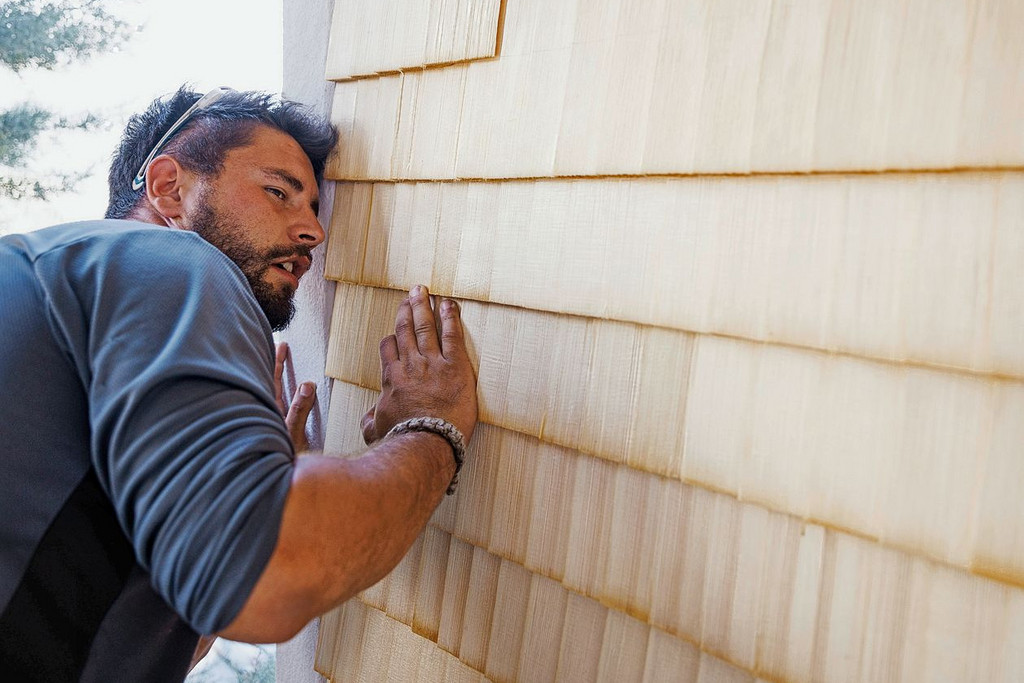
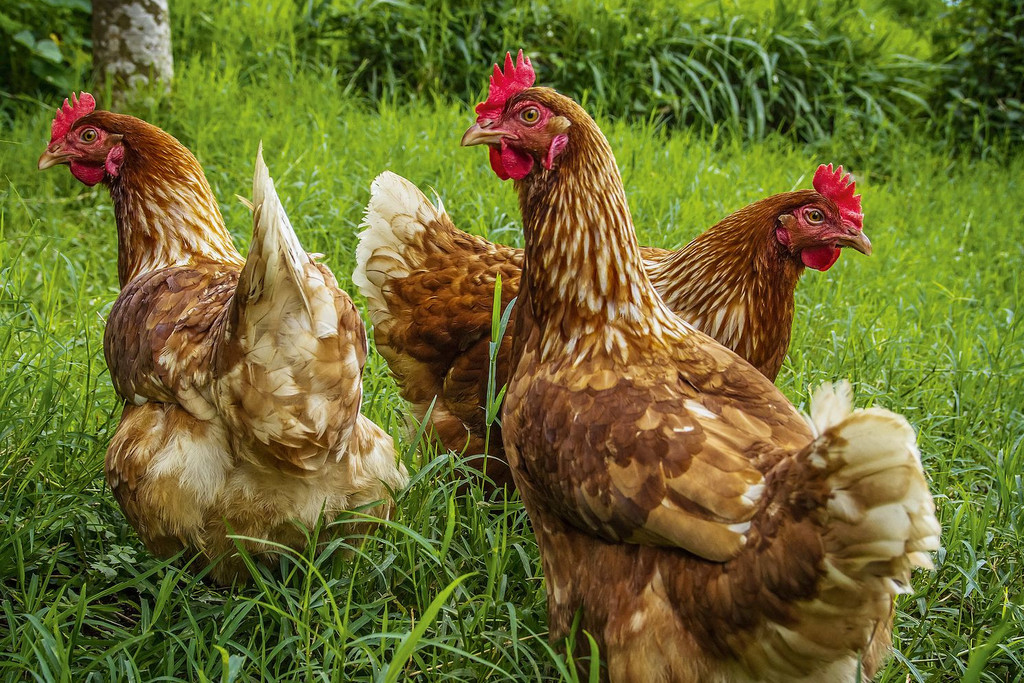
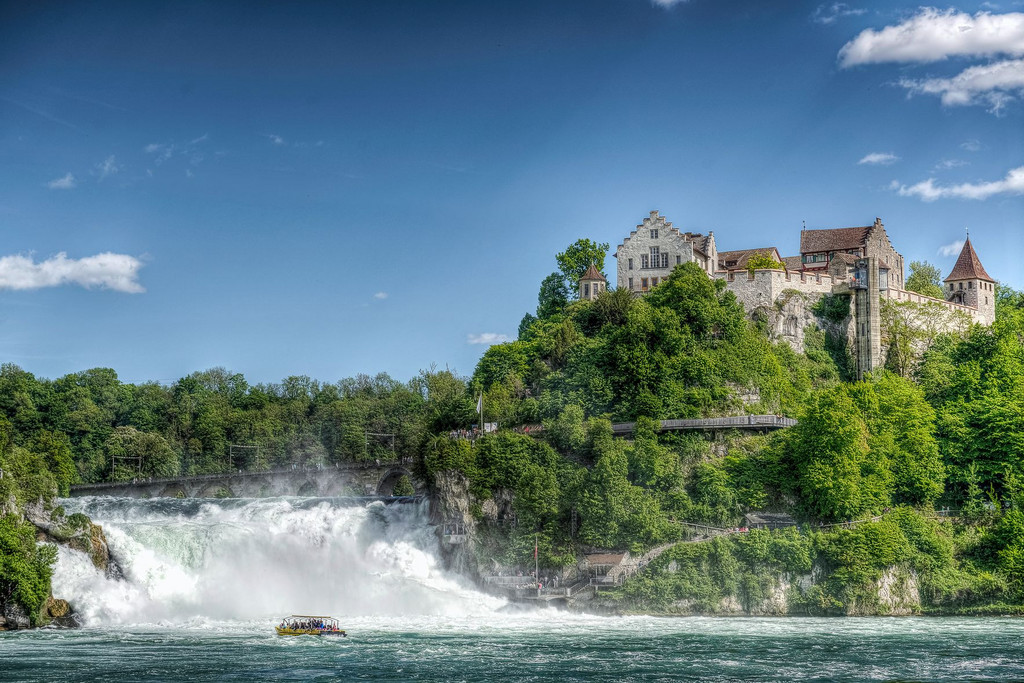
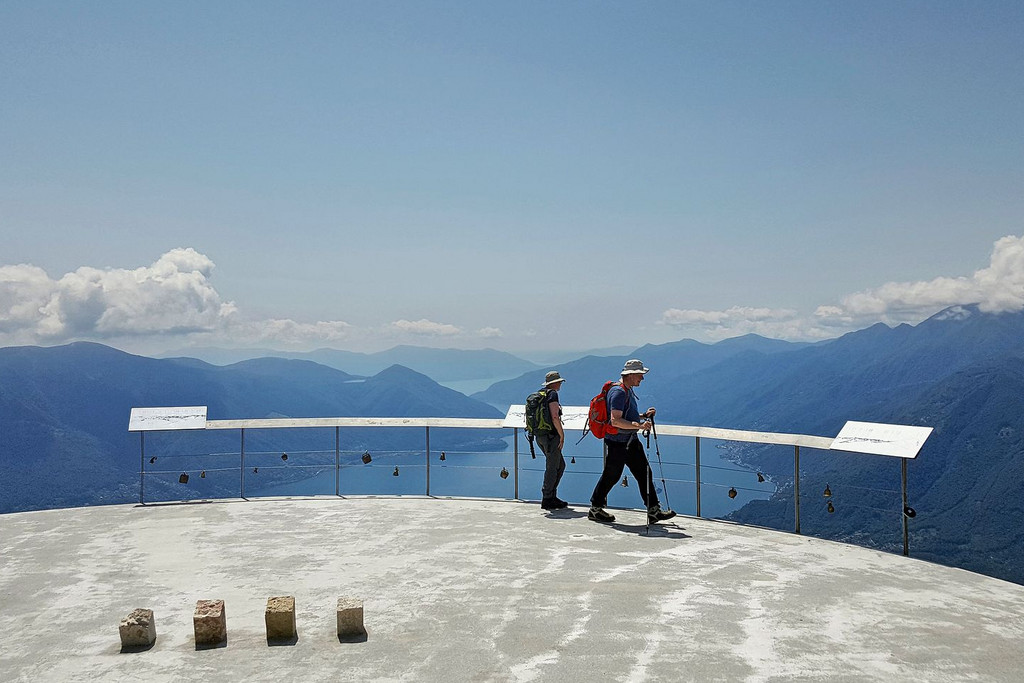

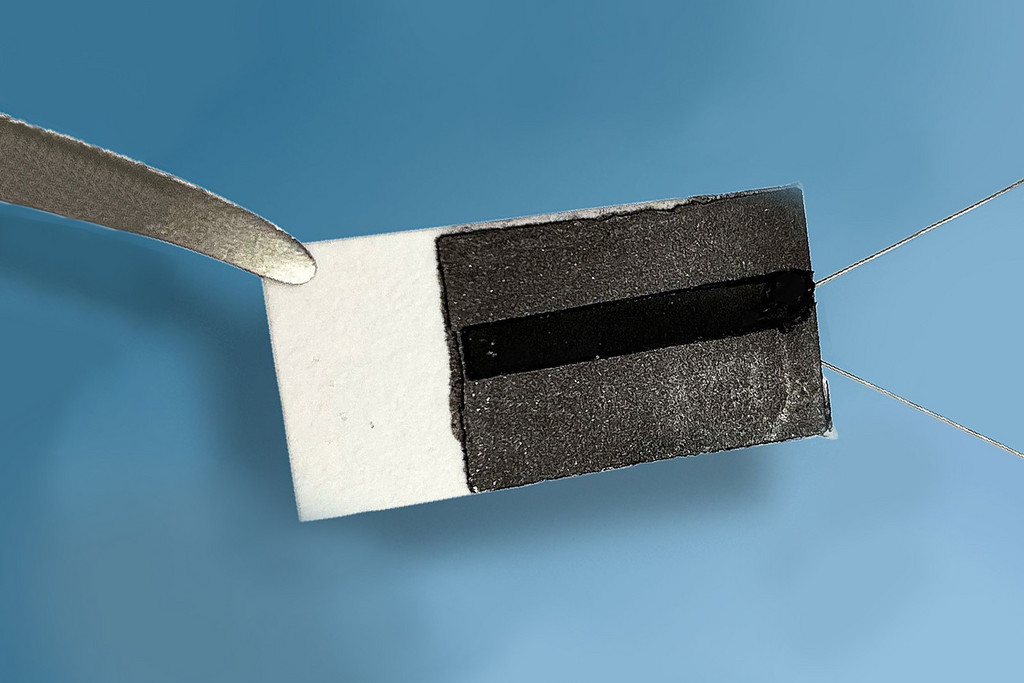
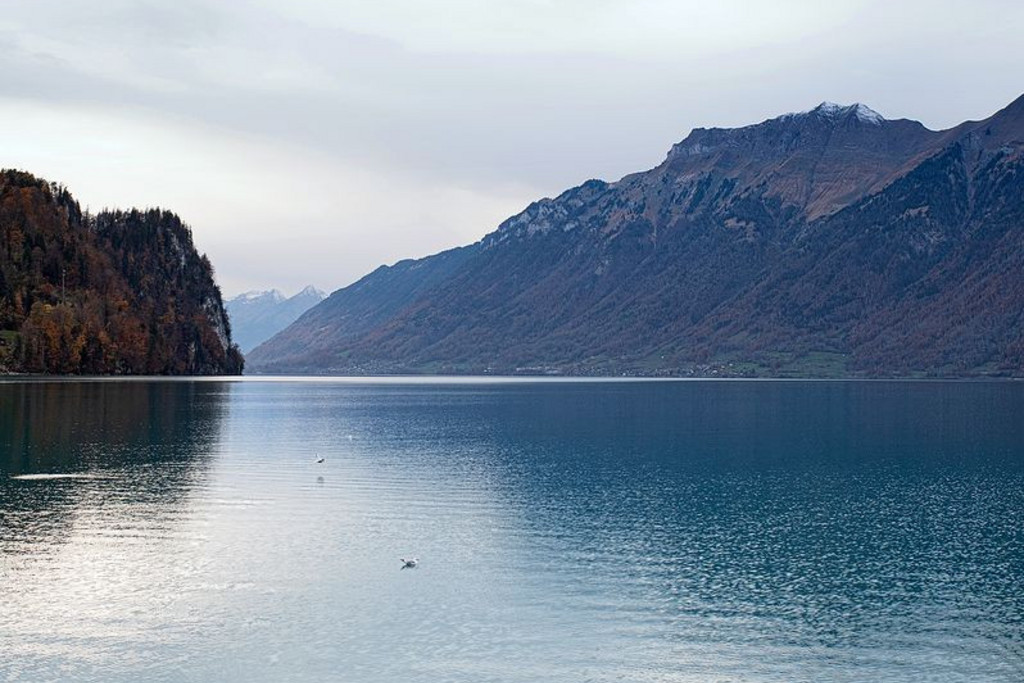
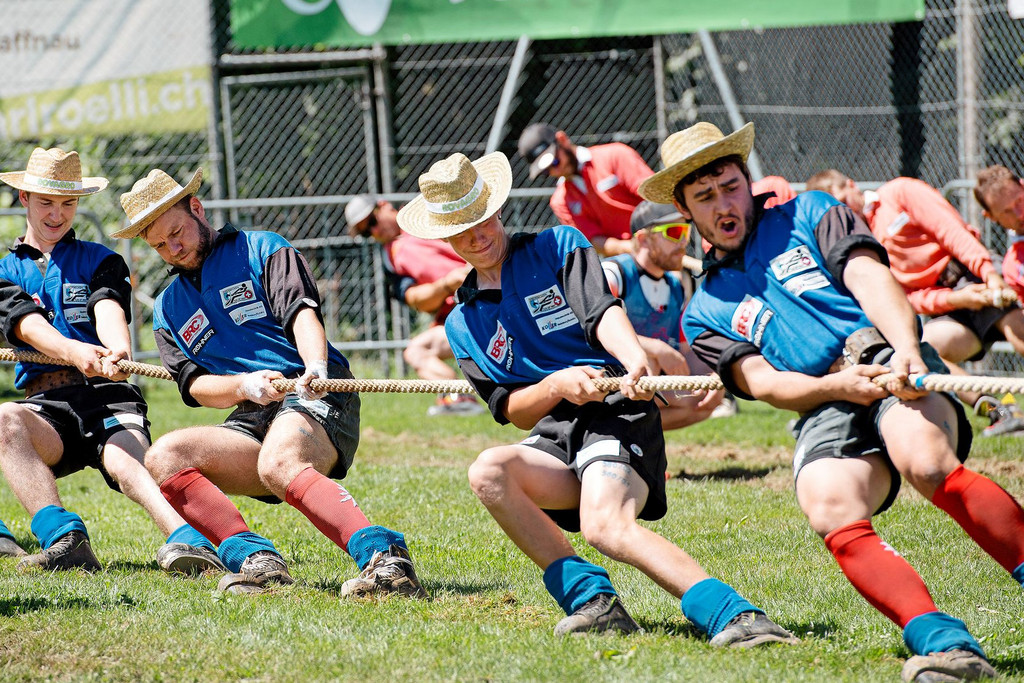



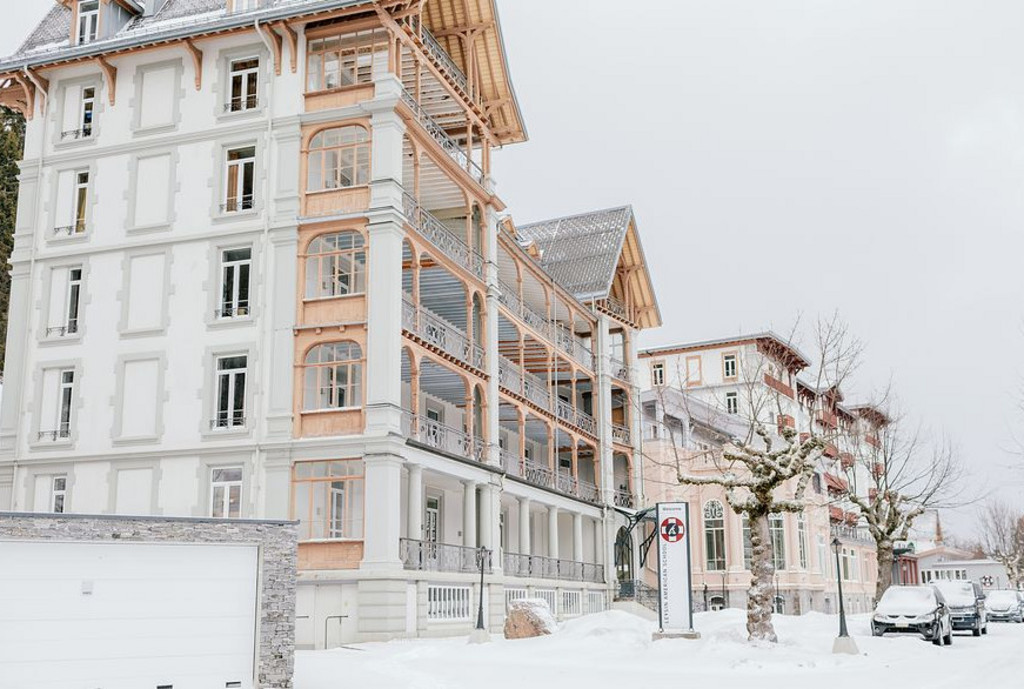
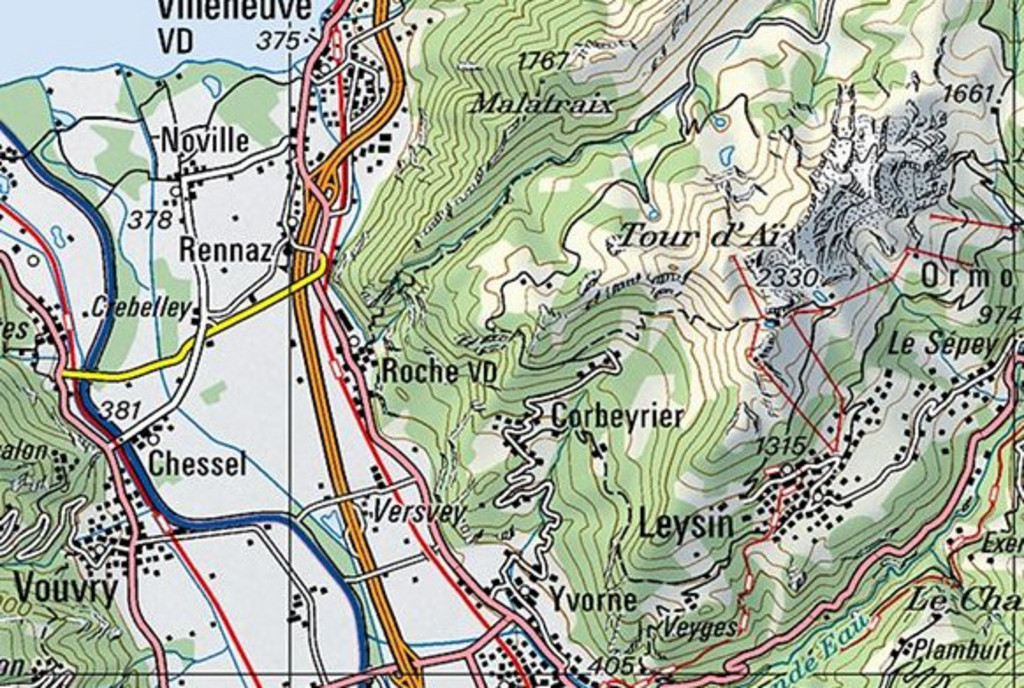
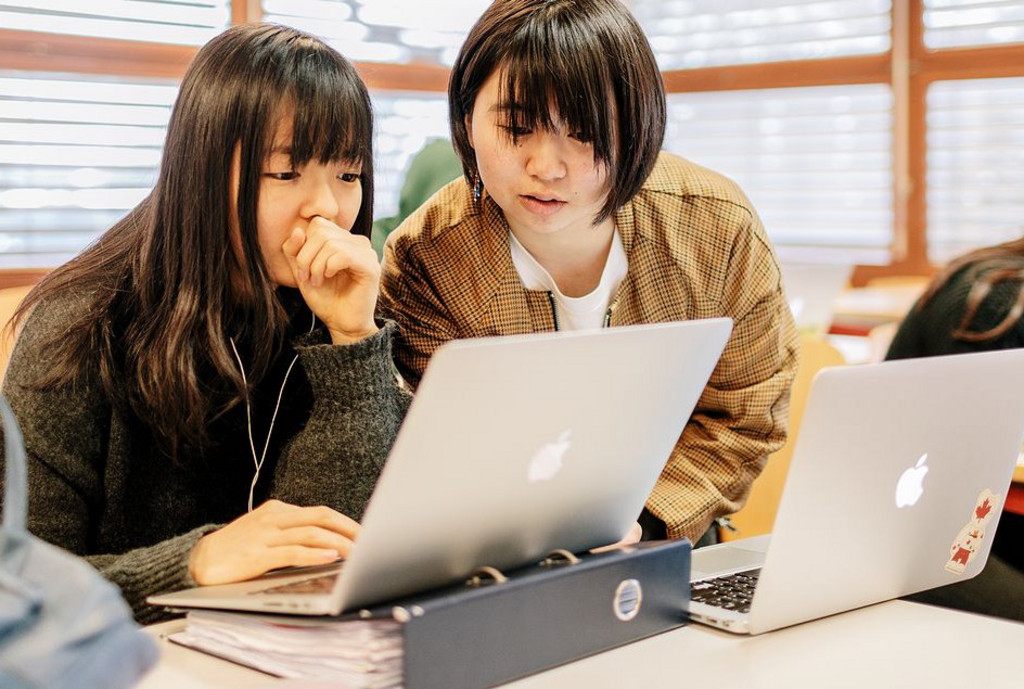
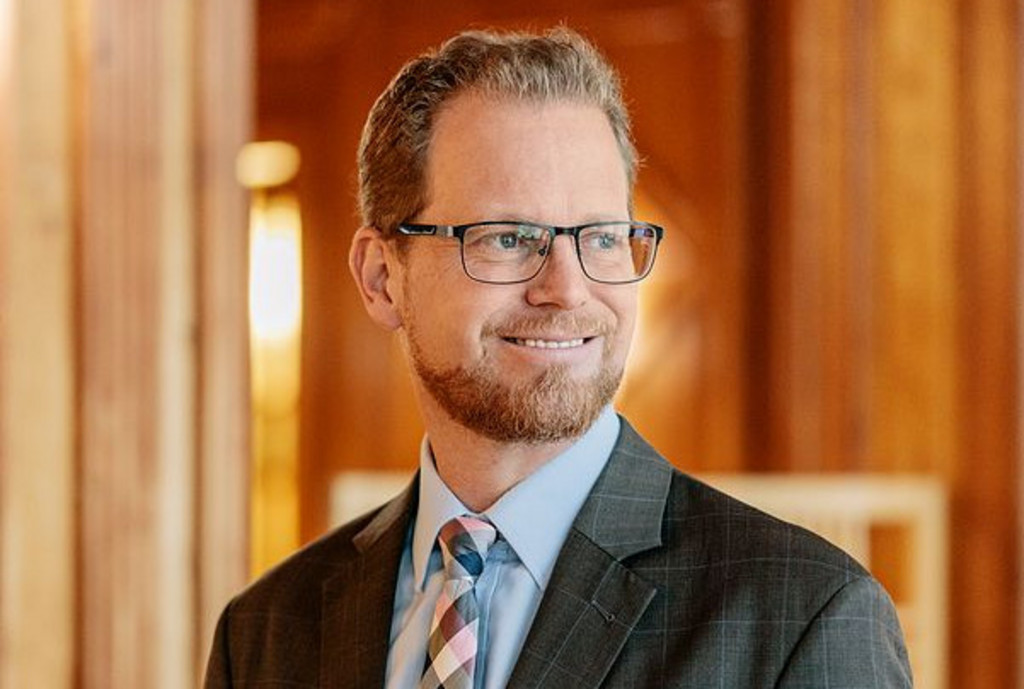
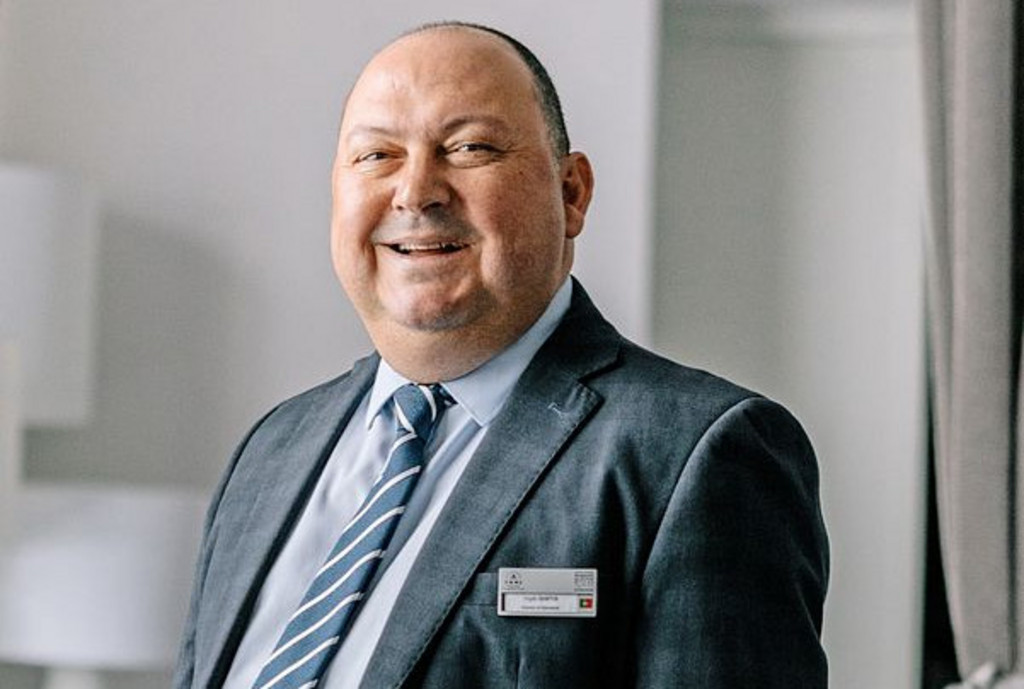
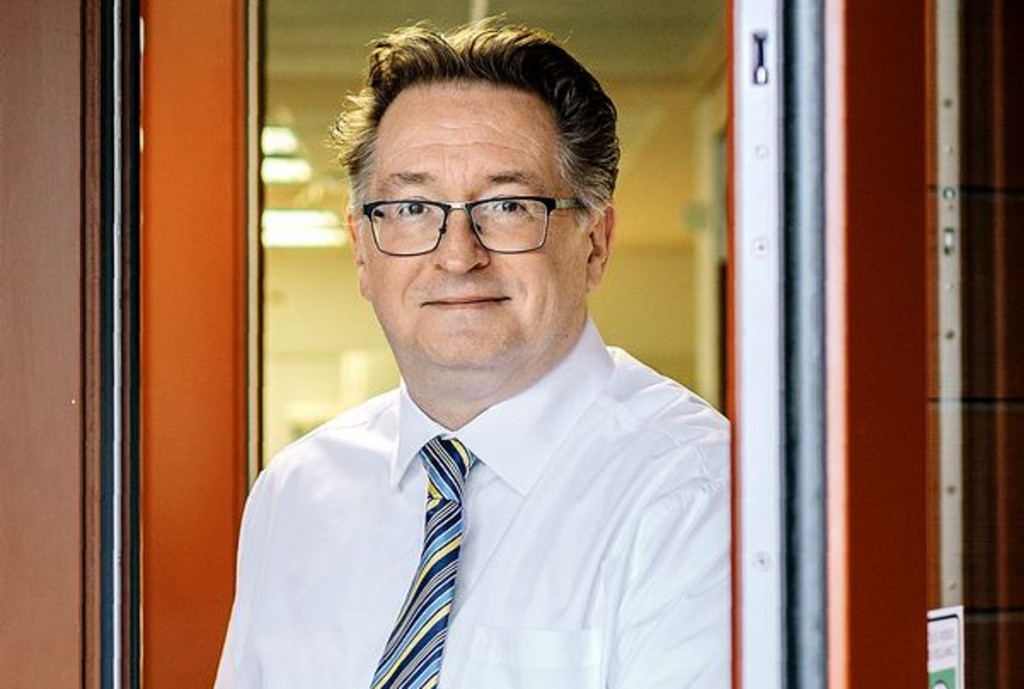
Comments
Comments :
Ce n’est pas la pénicilline mais les antibiotiques anti tuberculeux, historiquement la streptomycine. Ensuite en raison de ses effets secondaires elle a été remplacée par un autre aminoside, l'amikacine et par la rifampicine qui sont encore utilisés, associés aux antituberculeux majeurs. Il faut surtout retenir que les années 1950 ont vu l’apparition des premiers vrais médicaments antituberculeux, mettant fin à l’isolement et l’héliothérapie.
Wenn man die realen Fakten nimmt sieht die Sache ganz anders aus.
Besten Dank, Erwin Balli
The mountains of Switzerland are magical, as Thomas Mann also said; maybe he was writing about Leysin, as we would like to think...
Erstens sind in Leysin vorwiegend arbeitende Migranten und zweitens auch viele Asiaten. Das ist bekanntermassen eine Kombination, die sehr wenig zu Kriminalität führt. Leider zielt ein grosser Teil der schweizerischen Migration auf Wirtschaftsflüchtlinge, von der ein grosser Teil arbeitsunwillig ist und auch unwillig, sich unsere Gesetzen und/oder Gebräuchen anzupassen. Das ist, was aktuell in der Schweiz total schief läuft und zwar schon seit 30 Jahren.
Die Zahlen, die das Bundesamt für Statistik (www.bfs.admin.ch) zur Kriminalität in der Schweiz festhält, sind anders als im obigen Kommentar vermerkt. Die BFS-Zahlen für die rund 73'700 begangenen Straftaten im Jahr 2019 (in Klammer die Zu- oder Abnahme) sind beispielsweise:
Schweizerinnen und Schweizern: 39'904 Beschuldigte (+3,4%) In der Schweiz lebende Ausländer: 25'859 Beschuldigte (2,8%)
Personen aus dem Asylbereich: 3'163 Beschuldigte(-12,3%)
Personen mit Wohnsitz im Ausland: 12'783 Beschuldigte(–1,6%)
Hätte es nicht besser sagen können... Fakten sind Fakten, egal was die Grünen oder Sozis sagen!